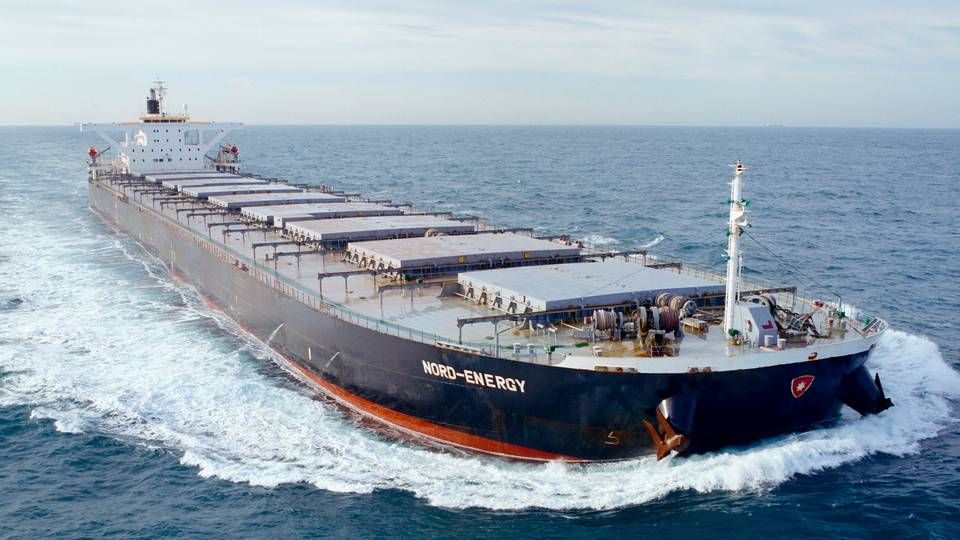China's new economy could hit bulk hard from 2015-2016

The growth in global demand, and the Chinese demand in particular, will likely not be sufficient to employ the many ships operating in and set to be delivered to the dry bulk sector, says Christopher Rex, Head of Research at Danish Ship Finance, which in its biannual market analysis of the shipping market expresses skepticism about the long-term growth scenarios expected for the dry bulk sector by numerous industry observers and participants, especially in light of the economic developments in China.
According to Christoper Rex, China - the main growth engine for the dry bulk industry - is on the verge of a change toward a far more service-based economy aimed at private consumption rather than investments.

The fundamental change in China's economy makes Danish Ship Finance downplay the long-term growth prospects for the dry bulk industry, when a lower investment level breaks through and reduces the growth in the import demand for iron ore, in particular, and thus the demand for dry bulk.
Deutsche Bank: China's shipping loans could trigger next crisis
"When we look at the Chinese growth rate of around seven percent, which used to be around ten percent, then of course that represents a lower growth target for the Chinese economy, though still a high growth. The question is whether this growth is as dry bulk intensive as it has been in the past, and my point is just that we're currently seeing a rebalanced growth in China that's about to be driven by different factors than we're used to. China is in the midst of introducing its service sector as the third growth engine. It's expected to be just as good at generating growth as the other sectors, but it's not shipping intensive, especially not in terms of dry bulk," Christopher Rex tells ShippingWatch.
In its new market report, Shipping Market Review, Danish Ship Finance expresses skepticism about the long-term prospects of a dry bulk recovery.
"In dry bulk it's clear that the current developments in China are structurally not moving toward an increased dry bulk demand," says Christopher Rex.
The major changes underway in the Chinese development - the rebalancing away from the import and export of goods, with a focus on the service sector instead - form a cornerstone of Danish Ship Finance's expectations for the global economy and the developments in shipping.
Danish Ship Finance forces Torm to sell 13 ships
"I think we're getting closer to feeling the developments in China, and this could be in 2015-2016, where we'll really start to see a lower growth contribution from investments and an increasing contribution from the service sector and private consumption in China," says Christopher Rex.
The dry bulk fleet has grown 84 percent in the period 2008-2013, while the demand for dry bulk has grown 33 percent in the same period. As such, a one percent supply increase in the current dry bulk market will not be absorbed by a similar one percent increase in demand, according to Danish Ship Finance's analysis.
"This means that the supply has grown two-three times more than the demand in this period, so you can't compare growth in supply and demand one-to-one if trying to predict the market going forward," he says.
DNB: Bulk facing recovery in a few months
Golden Ocean has strong faith in new growth
Related articles
DNB: Bulk facing recovery in a few months
For subscribers
Golden Ocean has strong faith in new growth
For subscribers
Danish Ship Finance doubles result
For subscribers





















